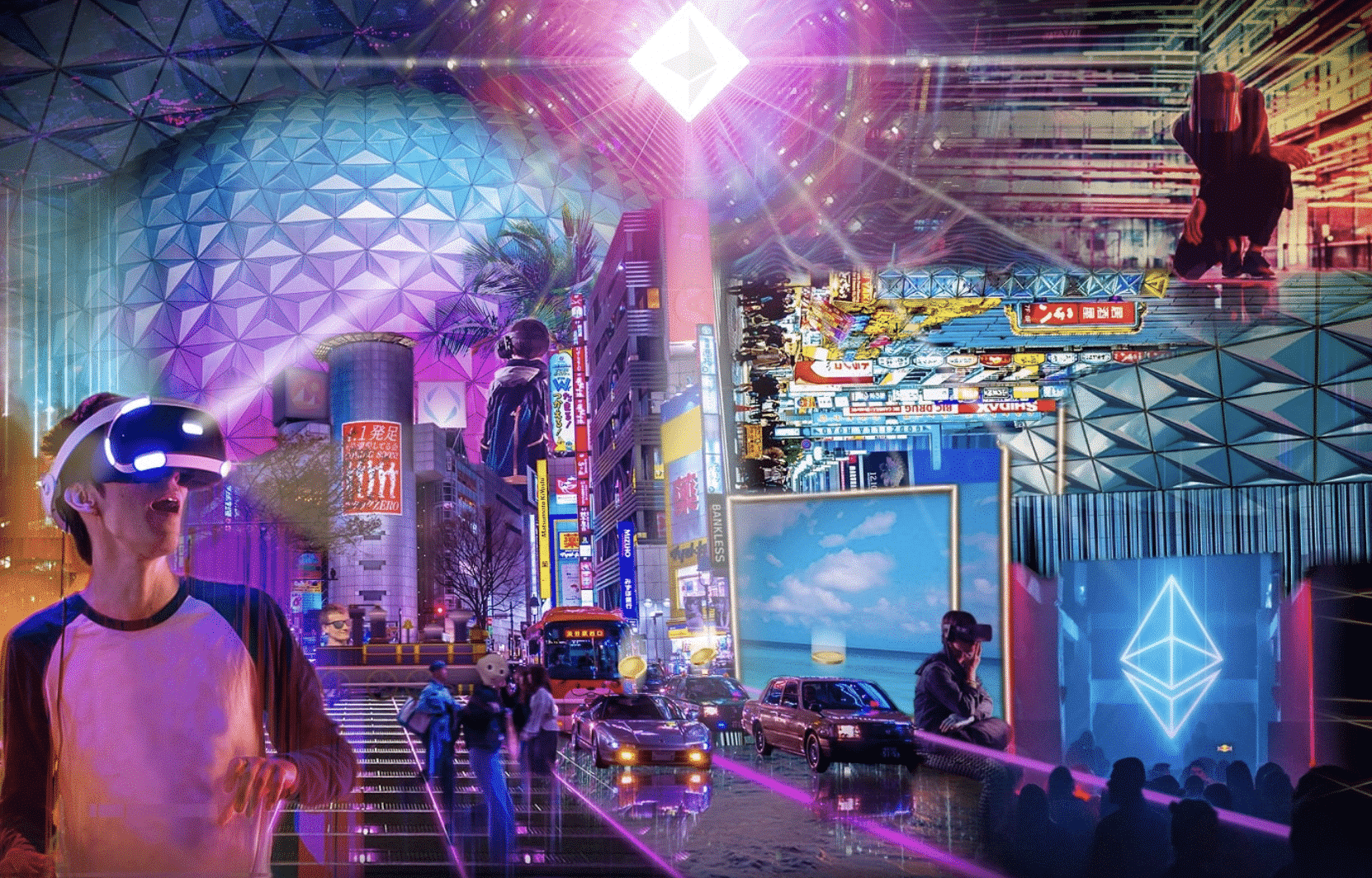Does Metaverse has a future in China?

The metaverse, an immersive, online, virtual-reality environment in which users can interact, has garnered interest from tech giants worldwide. From Facebook's rebranding to Meta to Microsoft's $69 billion plan to acquire Activision Blizzard, much of the tech world is racing to build what many expect will be the next generation of the Internet: immersive virtual worlds that replicate many aspects of real life. The interests are certainly building up in the East as well.
How is the government reacting to the metaverse?
Despite its steadfast rejection of some controversial developments, such as cryptocurrencies, China openly embraces the metaverse.
The central government is throwing support behind new tech-heavy sectors. In November 2021, China established its first metaverse industry organization, the Metaverse Industry Committee, intending to ensure healthy and sustainable development of the virtual space industry. The Metaverse Industry Committee is affiliated with the China Mobile Communications Association (CMCA).
As growth slows in traditional industries such as real estate and manufacturing, the local governments are all-in on the metaverse to attract new business investment. In January 2022, at least ten cities and provinces in China started including the metaverse industry in their economic development plans.
The metaverse can look very different in different Chinese cities. In Shanghai, it can be a virtual city hall that serves both digital travelers and residents; in Hainan Island, it's more about promoting the digital entertainment industry.
 Picture: Unsplash.com
Picture: Unsplash.com
What are companies doing in the name of metaverse?
According to Chinese company registry data, as of February 2022, there have been more than 16,000 metaverse-related trademark applications since summer 2021. These applications, spanning a wide range of sectors from technology to automaking and even banking, are believed to come from more than 1,500 companies. More than 500 companies have the word "metaverse" in their names, 93% of which were registered in the last year. Many other companies are working on the concept without using the term.
Several large companies have already started working on metaverse projects.
Tencent has invested in Roblox, a global gaming platform. At the same time, it also announced that its gaming studio, TiMi Studio Group, is forming an international team to develop games for the metaverse.
Alibaba debut NFT Art Metaverse for China's Singles Day 2021. The Metaverse Art Exhibition showcased eight brand collaborations, including Burberry, Kiehl's, Coach and Swiss watchmaker Longines, all of which have created NFT limited collections for the occasion. In another Valentine's Day celebration in China, "520", Taobao offered consumers the opportunity to virtually dress up their Taobao Life avatars with designer pieces from Prada, Hugo Boss, Alexander McQueen, Net-a-Porter etc.
 Picture: Unsplash.com
Picture: Unsplash.com
ByteDance explores the broad application prospects of metaverse in gaming, online social networking and fitness. The company has acquired VR headset company Pico, launched two Metaverse apps — China's Paidao (Party Island) and Southeast Asia's Pixsoul — and invested in several virtual idols.
Baidu released Xirang, the first publicly available metaverse platform, in December 2021, allowing users to create avatars and chat with other users. Xirang will incorporate additional features such as online education and elements of digital marketing in the future.
 Picture: jingculturecommerce.com
Picture: jingculturecommerce.com
Investments are also pouring into the Metaverse sector. Beijing-based augmented reality company Nreal just closed a Series C funding round of more than $100 million.
What will Metaverse look like in China?
Despite the many possible restrictions, some say China's metaverse will flourish simply because Chinese consumers are willing to experiment with new forms of online entertainment.
Chinese brokerage Everbright Securities estimates that the metaverse market will grow to at least 340 billion yuan ($53 billion) by 2025. Morgan Stanley also predicts that China's metaverse industry will become an $8 trillion market.
We can already see the interest in the metaverse starting to ignite, with the hashtag #metaverse reaching 340 million views on Weibo. The Global Times reported that 40,000 people had signed up for a six-episode online course (costing a mere $4.69) on metaverse.
Social media is by far the most popular form of the metaverse, while gaming and e-commerce are expected to dominate China's metaverse in the future. According to a recent survey of 1,282 Chinese by iiMedia Research, gaming, avatars, personal virtual spaces and public virtual spaces are the most anticipated parts of the metaverse.
What does Metaverse mean for brands?
Metaverse will no doubt transform the online shopping experience in so many ways.
Luxury and fashion brands are already testing the water on metaverse by creating NFTs. However, brands have been reluctant to enter the virtual world in China due to limited monetization opportunities under current regulations.
In the key opinion leader (KOL) market, partnering with virtual influencers or idols is becoming the newest trend, expected to grow into a 333.47 billion yuan ($52.4 billion) industry by 2023, according to iiMedia. China's first meta-human virtual influencer Ayayi has already promoted big brands, both online and offline.
 Picture: businessinsider.com
Picture: businessinsider.com
Given the success of relaxing life simulation games like Animal Crossing, we can expect demand for more mundane activities to get a metaverse uplift. Fast-moving consumer goods (FMCG) brands may play a more active role in consumers' lives with metaverse adoption. For example, educational metaverse cooking games can be used as a way to introduce new sauce brands to young consumers.
 Picture: Nintendo
Picture: Nintendo
There are still many vague points about metaverse in China. How the probable regulations will impact the metaverse? How brands can leverage the metaverse? How will metaverse change your branding strategy? If you would like to get to the bottom of these questions, Benoit Raoult, CEO of Duhno Marketing, will be discussing everything about Metaverse on April 27. Sign up by scanning the QR code below
